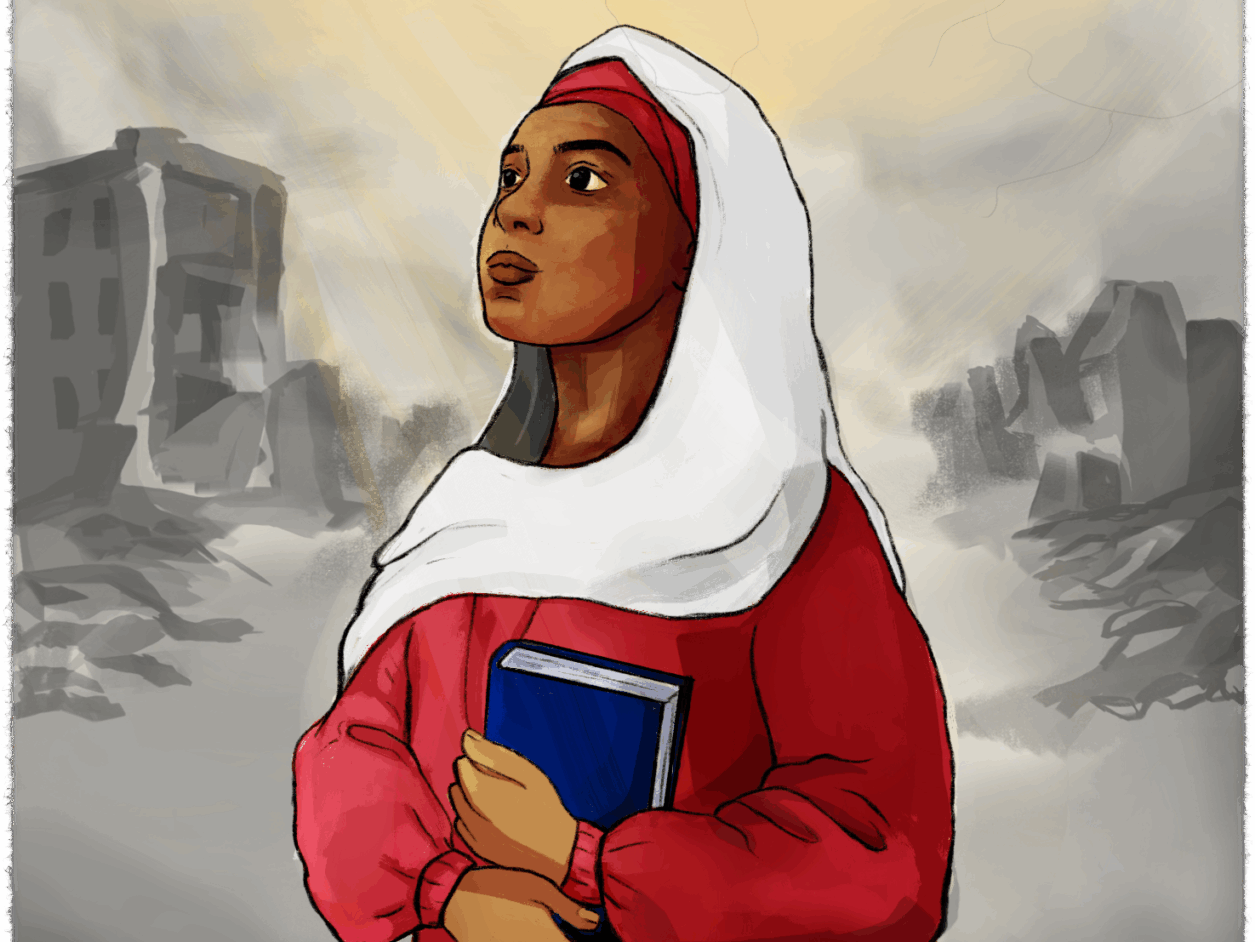More than two years of brutal civil war in Sudan have created the world’s worst humanitarian crisis. Around 12 million people have been forcibly displaced, more than four million of whom have fled to neighboring countries. Amid escalating violence, worsening malnutrition, and the pervasive use of sexual violence as a weapon of war, women and children have been particularly impacted by the conflict’s devastation.
In June, WRC worked with a team of young Sudanese researchers, all women, to publish a report, “Futures on Hold,” that vividly illustrates how the conflict has disrupted the lives of young Sudanese women displaced from their homes just as they were setting off into adulthood. Each of the women had dreams and ambitions that they were working towards, but the war interrupted their ability to pursue them. Every day that the conflict continues is another day of dreams and ambitions deferred.
The women are contending with new and unforeseen challenges in the camps and urban settings where they have found temporary refuge. When we asked them about their experiences, many of them testified to the difficulty of accessing healthcare, education, and the safe means to make a living.
A young woman from Darfur told us:
“My husband was killed by Sudanese Armed Forces. I used to depend on him as a caregiver. Now I depend on myself and work roasting coffee, then grinding it and selling it in small quantities to be able to provide for my son. Our income has reduced by a large amount[.] … This has affected us in many ways, including our inability to continue my education and pay rent for a house outside the camp. I passed the secondary examination, and was preparing to enroll in a university before the war.”
Another woman said:
“We came here late, so we didn’t find any support. We were given flour at the start, and even in Ramadan, we didn’t receive anything. We need any type of support and jobs for our siblings to generate income, and my mother needs medications.”
In the two months since we issued our report, the situation has continued to deteriorate. Donor countries’ cuts to humanitarian aid have exacerbated an already dire funding shortfall for Sudan and the region, forcing UN agencies, international and Sudanese NGOs, and local community kitchens and mutual aid groups to abruptly shut down frontline, life-saving support. Limited humanitarian access and funding, a collapsed health system, and widespread food insecurity, have meant that basic, life-saving levels of food, safe shelter, and healthcare are not available to the tens of millions of Sudanese people who need it. Host countries like Chad and South Sudan, meanwhile, are facing their own humanitarian crises and their own services are overstretched and underfunded. As many of the young Sudanese women in our report attest, those seeking refuge in neighboring countries face multiple and acute vulnerabilities and exclusions based on their displacement status and gender.
News about Sudan rarely makes the headlines. But for as long as this senseless war continues, WRC will continue to work with our Sudanese partners to shine a light on the experiences, needs, and rights of Sudanese women and girls. We will continue to monitor the situation and maintain a direct line of communication with those who are most vulnerable and most impacted. And we will continue to amplify their voices—including the voices of the women featured in the report—to advocate on their behalf.


